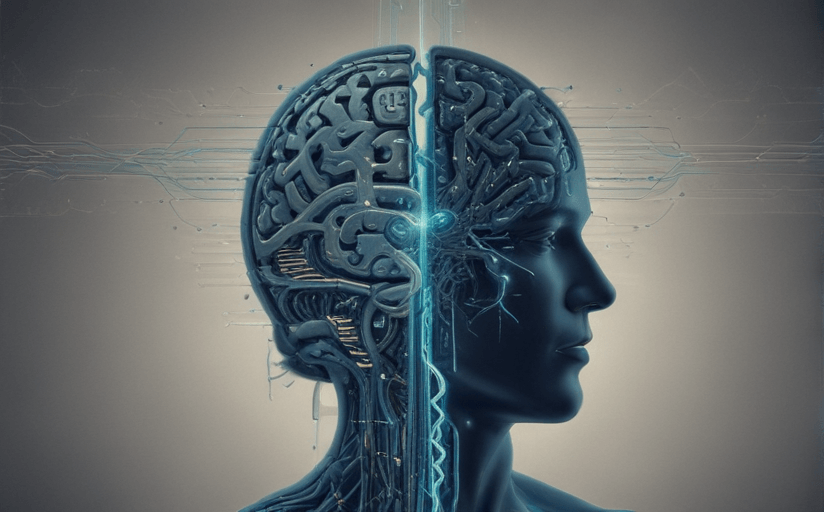The Convergence of Artificial Intelligence and Mental Health Treatment
As the world increasingly turns towards technology to optimize efficiency and effectiveness in various fields, one intriguing duo that's emerging is of Artificial Intelligence (AI) and mental health treatment. Researchers, practitioners, and tech professionals are teaming up to harness the power of AI in revolutionizing the field of mental health.
Current Applications of AI in Mental Health
The integration of AI in mental health isn't a far-fetched idea of the future; it's happening now. AI applications in mental health treatment come in various forms and they are shaping the methods of treatment and patient's experiences. Herein, we explore few areas that are currently being transformed by AI:
- Cognitive Therapy: AI-powered cognitive behavioural therapy (CBT) apps like Woebot and Wysa provide personalized mental health support, allowing patients to manage their mental health in the comfort of their surroundings.
- Diagnostics: AI is being used to detect mental health disorders by analysing patterns in speech, text and social media activity.
- Patient Monitoring: Wearable technology utilizing AI can monitor physiological signs related to stress and anxiety, thus helping in managing mental health better.
- Counselling: AI-enabled chatbots provide on-demand counselling services, which can again aid in coping with mental health issues anytime, anywhere.
Future Opportunities
The advancements in AI present a myriad of opportunities for improvement and innovation in mental health treatment. The power of artificial intelligence lies in its ability to interpret vast amounts of data and detect patterns that may not be perceptible by humans. AI could potentially predict mental health crises before they occur, provide 24/7 support, personalize treatment plans, and make mental health care more accessible and affordable.
Challenges and Limitations
While the potential for AI in mental healthcare is immense, it's essential to address the challenges and limitations of integrating it into the system. Key issues include the risk of misdiagnosis, privacy concerns, reliability of AI predictions, and the lack of human touch in AI interactions. Overcoming these obstacles will be crucial in ensuring the successful application of AI in mental health treatment.
Ethical Implications
The use of AI in mental health comes with several ethical implications that need careful consideration. These encompass issues related to privacy, consent, data security, and potential misuse of sensitive patient information.
The Future of AI in Mental Health
Moving forward, AI technology holds enormous potential to revolutionize the entire field of mental health. It can democratize mental healthcare by making it more accessible to people, regardless of their location or socio-economic status. However, it's vital to tread this path with caution, ensuring ethical regulations and best practices are in place to safeguard patients' rights, data and wellbeing.



















Comments
Leave a Comment